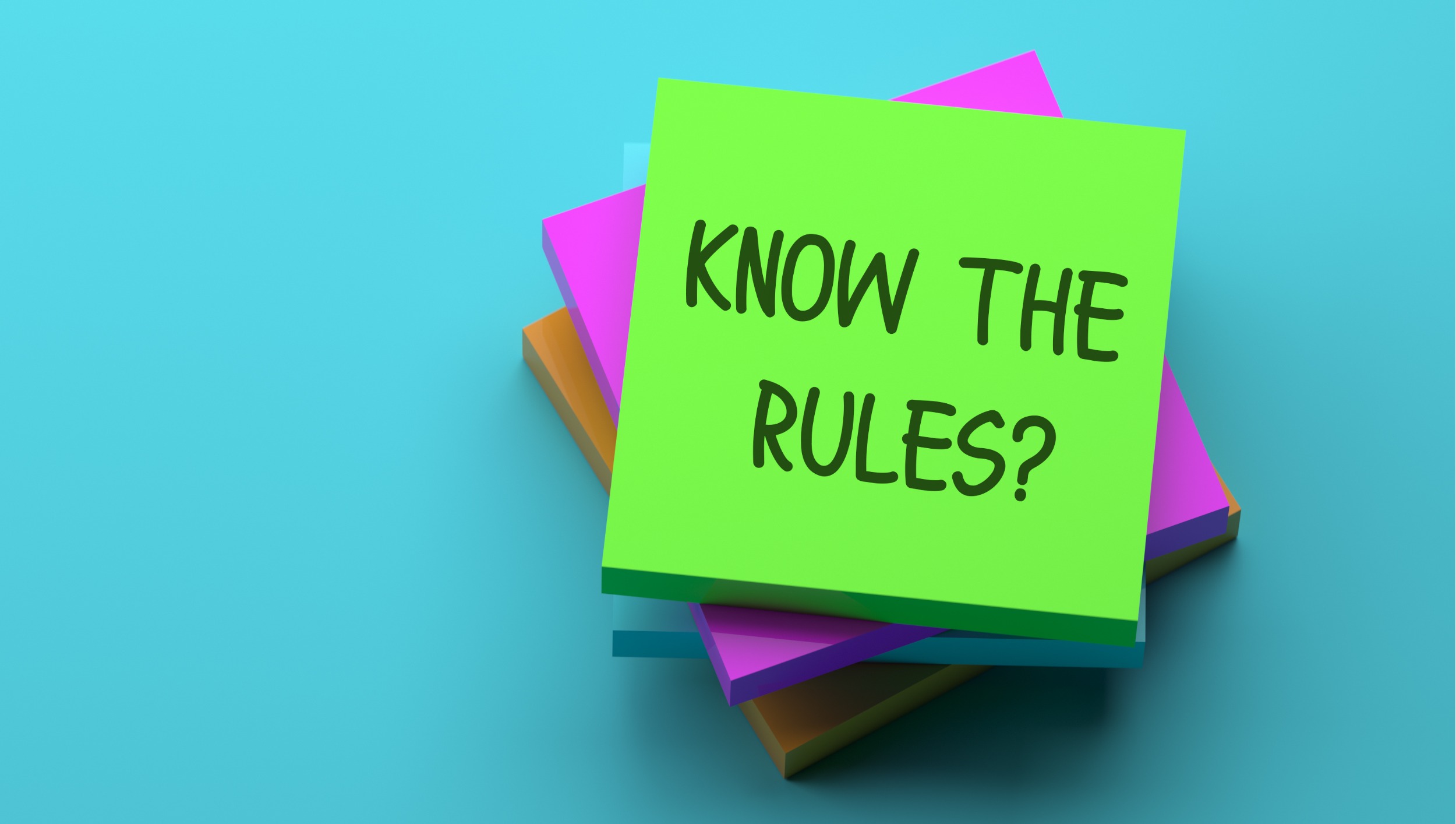Keep an Eye on These Rules for Awards and Solicitation
At Page 2 we like to keep an eye on changes to rules from the ABA or state bar associations that could impact the way in-house marketers promote a firm’s practice groups or attorneys. Here are two notable recommendations from the past few weeks:
How to talk about awards and accolades
– The Supreme Court of New Jersey Committee on Attorney Advertising weighed in on the use of “Super Lawyers,” “Rising Stars,” “Best Lawyers,” “Top Lawyer,” “Top Law Firm,” “Superior Attorney,” “Leading Lawyer,” and numerical ratings in marketing material. This reminder of the rules was triggered by the many complaints the court has received about violations.
-“Lawyers…may refer to such awards, honors, and accolades only when the basis for the comparison can be verified and the organization has made adequate inquiry into the fitness of the individual lawyer.” In other words, if the award is merely pay-to-play or a “popularity contest” based on earning votes, firms should not use it in their marketing materials.
-If the award meets that first requirement, the firm must still include “additional language…to provide explanation and context.” This means “a description of the standard or methodology on which the award, honor, or accolade is based” and the name of the organization granting the award must appear in the same place as mention of the award itself. And that contextual language must accompany the award every time it is mentioned, including when the badge or logo of the program is used. That is a heavy lift!
-“Further, when the name of an award, honor, or accolade contains a superlative, such as ‘preeminent,’ ‘distinguished,’ ‘super,’ ‘best,’ ‘top,’ ‘superior,’ ‘leading,’ ‘top-rated,’ or the like, the advertising must state only that the lawyer was included in the list with that name, and not suggest that the lawyer has that attribute.”
Direct solicitation of prospective clients in person or by phone
The ABA has issued a new ethics opinion to clarify the rules around direct solicitation by attorneys or, importantly, by non-attorney staff acting on behalf of attorneys.
-This opinion affirms Rule 7.3: “A lawyer shall not solicit professional employment by live person-to-person contact when a significant motive for the lawyer’s doing so is the lawyer’s or law firm’s pecuniary gain.” The classic example is that a lawyer may not walk up to a car crash and hand the victim a business card.
-And the opinion goes further to make it clear that lawyers are responsible for the conduct of a paralegal or consultant who solicits in this manner for them. A marketing consultant or law firm staff members may not hand the lawyer’s card to the car crash victim either, and the lawyer is responsible for that conduct. This is a key aspect of the rule to understand, given how much lawyers now rely on outside consultants.
-However, lawyers are permitted to seek client referrals from acquaintances such as bankers or real estate agents, as long as there is no direct contact between the attorney and the prospective client.

